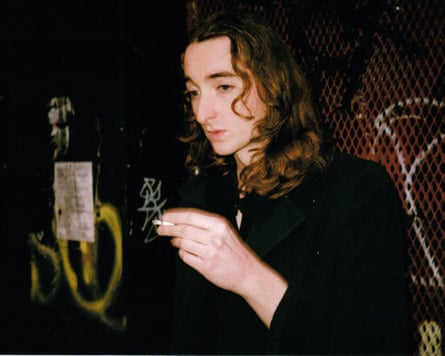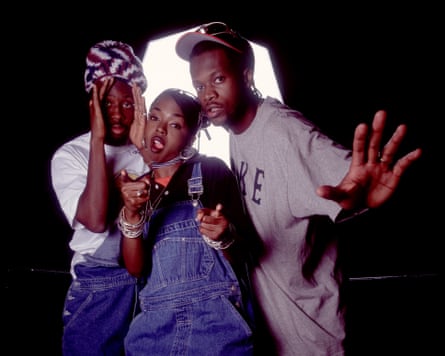In real life, most of us don’t get that many opportunities to exact revenge on someone. A passive-aggressive comeback maybe, but that’s not quite the same. In the movies, however, as in Greek mythology, vengeance is one of the driving forces of storytelling: revenge films, both aggressively bloody and more benign, provide cathartic wish-fulfilment for our own petty grievances and unsettled scores. In Dev Patel’s seething directorial debut Monkey Man, the quest is familiar – as his streetwise hero seeks retribution for his mother’s murder – but the sheer gusto of his vengeance is invigorating, down to driving a dagger into a villain’s throat with his teeth.
The modern revenge movie is largely characterised by such kinetic action and extreme violence, best exemplified by the John Wick franchise (directly namechecked in Monkey Man), which has whipped up a positively balletic frenzy of bloodshed over 10 years and four films, all over the most modest and sympathetic of causes: a dead dog. Quentin Tarantino, meanwhile, played his own part in setting that template: revenge missions recur through a filmography built on the tropes of scruffy exploitation cinema, polished until they gleam. Django Unchained, a western following a freed slave on the warpath, aims for some social import, though I prefer the visceral simplicity of his splendid Kill Bill films, the very title of which sets out the one-track objective for Uma Thurman’s savaged, sword-wielding Bride – even if plenty of other people get killed along the way, most inventively so.
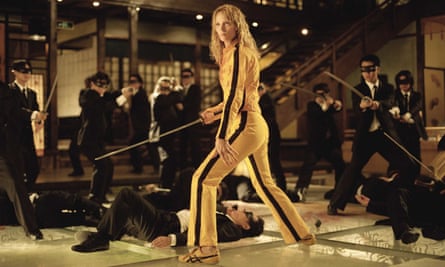
Kill Bill pays tribute to, among others, the grisly 1978 flick I Spit On Your Grave – a one-time video nasty that became a defining title of the rape-revenge subgenre, though that’s not exactly an endorsement of the film itself, which arguably revels in violence against women more than it protests it. It’s a far cry from the tricky nuances of Paul Verhoeven’s superb Elle, in which Isabelle Huppert’s rape survivor walks a fine line between revenge and perverse desire as she identifies her assailant. Emerald Fennell’s candy-coloured provocation Promising Young Woman, meanwhile, divided opinion with the self-sacrificing long game played by Carey Mulligan’s protagonist in avenging her best friend’s sexual assault – empowering or grimly defeatist? As for Sissy Spacek’s eponymous heroine in Carrie, her body responds to the need for revenge against her high-school bullies and manically abusive mum with telekinetic powers she can’t quite control, though they certainly get the job done.
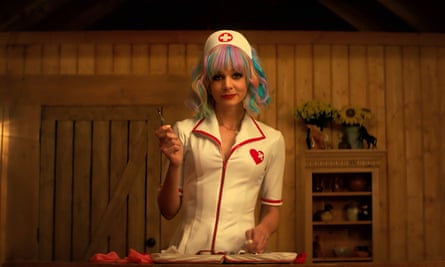
Decades later, Spacek was party to a rather more earthbound act of vengeance in In the Bedroom, Todd Field’s devastating study of middle-aged parents haunted by the presence of their son’s murderer in the local community. It makes the case that ordinary, mild-mannered people can be driven to violence if legal systems fail them. Ditto Michel Franco’s stark, shocking After Lucia, in which a protective father takes drastic measures to punish his teenage daughter’s high-school tormentors – no macho, Death Wish-style vigilante justice here, just brutal desperation. In the ranks of arthouse revenge movies, it would pair well with Ingmar Bergman’s potent, severe The Virgin Spring (Internet Archive), anchored by Max von Sydow’s gutsy performance as a father out to execute his daughter’s rapists and murderers in medieval Sweden – a mission that takes on a strange kind of spiritual purity.

In Park Chan-wook’s Oldboy – the delirious zenith of the film-maker’s vengeance trilogy – a man framed for his wife’s murder and imprisoned by unknown captors for 15 years is finally set loose, though his revenge is complicated by his isolation-induced madness. But a deranged avenger can be just as effective as a coolly focused one: see Douglas Hickox’s delicious horror-comedy Theatre of Blood, in which Vincent Price’s humiliated Shakespearean actor devises a series of elaborate theatrical demises for the critics who have lambasted him: perhaps the most pleasingly trivial revenge campaign in all cinema.
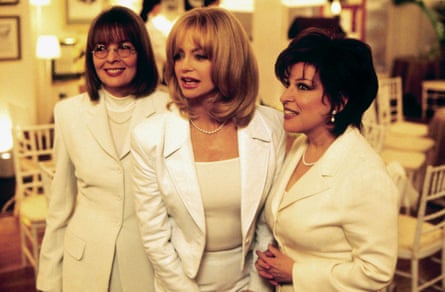
Other revenge comedies, meanwhile, manage comeuppance without bloodshed. In Nine to Five, three beleaguered secretaries initially fantasise about killing their nightmare boss before finding a more constructive way to edge him out of business; it may as well share a slogan with The First Wives Club, whose piqued female divorcees are advised by none other than Ivana Trump not to get mad, but to get everything.
after newsletter promotion
Also new on streaming
The New Boy
(Signature)
Indigenous Australian director Warwick Thornton returns with an enigmatic, exquisitely shot fable of clashing faiths, pitting a supernaturally gifted Aboriginal boy against a rural nun – ripely played by Cate Blanchett – out to convert him.

Wicked Little Letters
(StudioCanal)
Notwithstanding the profane contents of said letters, this is rather a tame, soft-centred comedy: a battle of wits and wills between Olivia Colman’s prim spinster and Jessie Buckley’s rowdy Irish outsider in a 1920s seaside village. The stars’ performances lift it, but they’re coasting.
The Iron Claw
(Lionsgate)
A true-life American tragedy so severe it almost defies belief, Sean Durkin’s solemn, handsome film traces the collapse of the Von Erich family – a line of professional wrestlers seemingly cursed by recurring injury and untimely death. Zac Efron gives a fine, vulnerable performance as the son trying to break the cycle.
Source: theguardian.com









